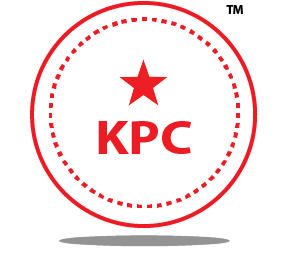
Managing money doesn’t have to be complicated. Building the right habits early can set you on the path toward financial freedom and security. Whether you’re just starting out or looking to improve your current situation, these five simple habits can transform your financial health over time. Let’s dive in.
1. Create (and Stick to) a Budget
Budgeting is the foundation of personal finance. Without a clear understanding of where your money is going, it’s easy to overspend.
Start by tracking your income and expenses for a month. Categorize your spending (housing, food, transportation, entertainment) and identify areas where you can cut back.
Create a realistic budget that aligns with your lifestyle — and stick to it. Remember, a budget isn’t meant to restrict you; it’s a plan to help you reach your goals faster.
2. Save Before You Spend
One of the best habits you can develop is paying yourself first.
As soon as you receive your paycheck, immediately move a portion into savings — ideally 20% or more if possible.
Set up automatic transfers to a savings or investment account to make the process effortless. Over time, these small amounts will grow into significant savings that can cover emergencies, opportunities, and retirement needs.

3. Invest Early and Consistently
Saving alone won’t make you wealthy — you need to make your money work for you through smart investing.
Thanks to the power of compound interest, starting early, even with small amounts, can lead to big results over time.
Consider investing in low-cost index funds, mutual funds, or retirement accounts like 401(k)s or IRAs.
Don’t worry about timing the market perfectly — consistency is far more important than trying to predict market ups and downs.
4. Avoid and Manage Bad Debt
Not all debt is created equal.
While certain debts like mortgages or education loans can be considered investments in your future, high-interest debts — especially credit card debt — can destroy your financial stability.
Focus on paying off high-interest debts aggressively. If you use credit cards, always pay the full balance each month to avoid costly interest charges.
Remember: Debt should be a tool, not a trap.
5. Educate Yourself Continuously
Financial literacy is a lifelong journey.
The more you know about budgeting, investing, taxes, and insurance, the better decisions you’ll make.
Commit to reading one article, book, or listening to one podcast about personal finance every week.
Even 15 minutes a day can make a massive difference over a year.
Knowledge truly is power — especially when it comes to managing your money.
Final Thoughts
Mastering personal finance isn’t about making huge changes overnight.
It’s about developing smart, consistent habits that align with your financial goals.
Start small: track your expenses, set up automatic savings, make your first investment, pay down debt, and commit to learning something new about money each week.
Over time, these simple actions will lead to lasting wealth, peace of mind, and true financial freedom.
